Calvary University
News
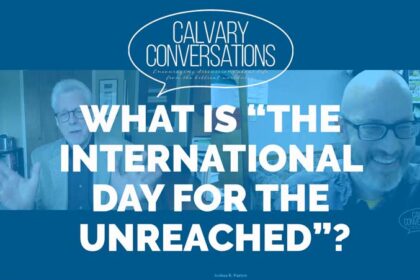
What is “The International Day for the Unreached”?
Calvary Conversations
Intercultural Studies
International Students
Ministry Studies
News
Seminary
What is “The International Day for the Unreached”?
Read More
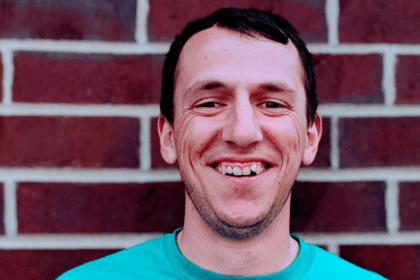
Calvary University Relaunches Men’s Soccer Program Under New Head Coach Marcus Wilkes
Athletic Dept.
News
Coach Wilkes brings a deep passion for discipleship and player development. His leadership is marked by a commitment…
Read More

Calvary University Names Cameron Coleman as Head Women’s Basketball Coach
Athletic Dept.
News
Coleman brings a unique blend of high-level playing experience, coaching insight, and Christ-centered leadership to the Lady Warriors.
Read More
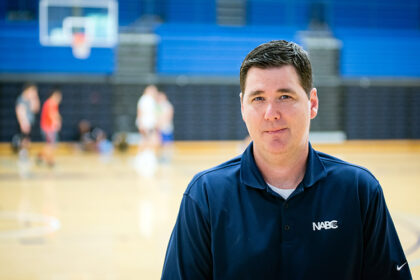
Matt Brown Joins Calvary University Athletics
Athletic Dept.
News
Matt Brown has been hired as the new Athletic Director and Head Men’s Basketball Coach at Calvary University.
Read More
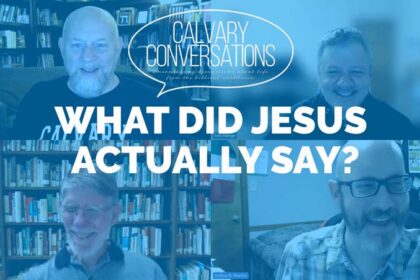
What did Jesus actually say?
Bible and Theology
Calvary Conversations
English & Communications
Intercultural Studies
International Students
Ministry Studies
News
Seminary
Why does “Love God” sum up the Law and the Prophets?
Read More
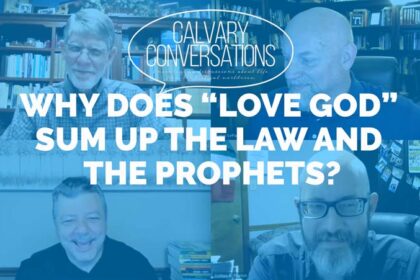
Why does “Love God” sum up the Law and the Prophets?
Bible and Theology
Calvary Conversations
English & Communications
Intercultural Studies
International Students
Ministry Studies
News
Why does “Love God” sum up the Law and the Prophets?
Read More
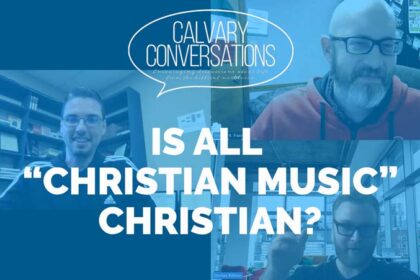
Is all Christian music Christian?
Bible and Theology
Calvary Conversations
Intercultural Studies
Ministry Studies
News
Is all Christian music Christian?
Read More
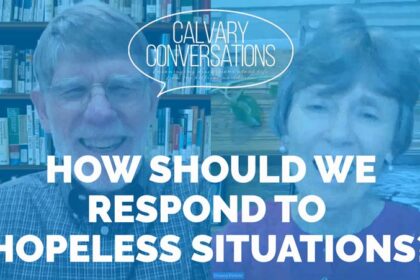
How should we respond to hopeless situations?
Bible and Theology
Calvary Conversations
CU Press
Ministry Studies
News
How should we respond to hopeless situations?
Read More